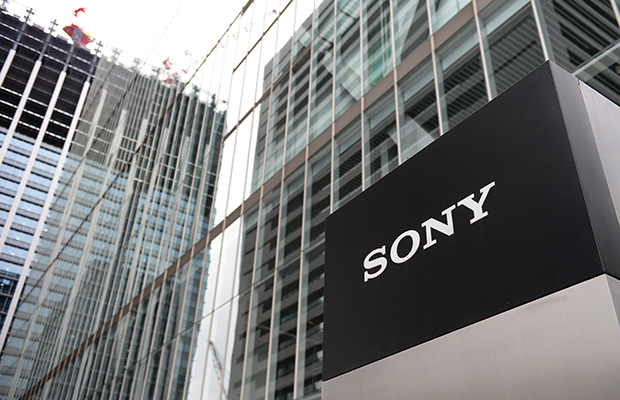Sony’s e-paper to revolutionise fashion
Sony has unveiled a clandestine project to develop a smartwatch and other projects using electronic paper

Sony has announced exciting plans to develop electronic paper products. The tech giant raised funds to develop the products through its crowdfunding sites

The Japanese tech giant has announced it is working on a project – named “Fashion Entertainment” (FES) – to develop the electronic paper used in e-books for use as a fabric. Among the products is a smartwatch whose battery would last several weeks, thanks to the e-paper.
Sony has raised 3.5m yen (£188,000) from its crowdfunding site in the space of three weeks, getting over 150 backers on board and beating the 2m yen (£108,000) initially predicted. With the aim of using the crowdfunding platform to gauge interest without bias, the company did not originally reveal its identity to supporters. “We hid Sony’s name because we wanted to test the real value of the product, whether there will be demand for our concept,” somebody involved in the project told the Wall Street Journal.
The e-paper, used on both the face and the strap, enables wearers to manually switch between 24 different designs
Although the product doesn’t connect to the internet like the wearable tech of Sony rivals Apple and Samsung, the watch is ‘smart’ in the sense that it uses new technology to improve performance.
The e-paper, used on both the face and the strap, enables wearers to manually switch between 24 different designs, with the intention of creating a more stylish look than rival smartwatches.
It hasn’t yet been announced when the product will launch, but crowdfunders were informed they could get their hands on one some time from May 2015.
Engineers working on the FES project – led by Hivoki Totoki, who is responsible for the company’s smartphone sector and has worked on other innovative projects including launching Sony Bank – are looking at electronic paper as a potential fabric that could be used in fashion. Bow ties and hat accessories using e-ink, for example, are currently under development.
The FES work marks part of a wider endeavour to foster innovation at Sony to compensate for its losses and falling demand for cameras, TVs and PCs; CEO Kazu Hirai forecasted a $1.1bn loss for the year to March 31 2015, according to a Bloomberg report earlier in the year. The company has pledged to financially back new design or business ideas thought up by employees, while introducing other initiatives such as Sony Real Estate, which launched in April 2014.













